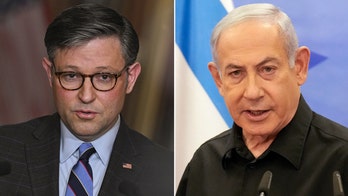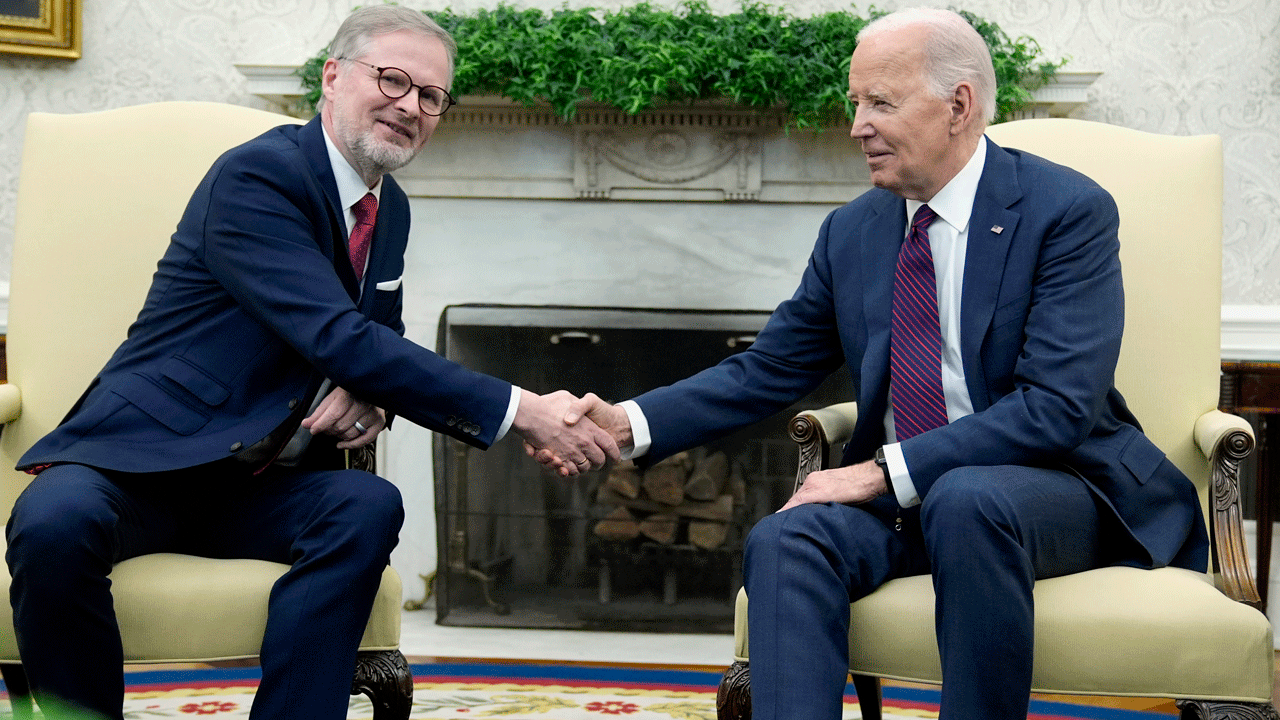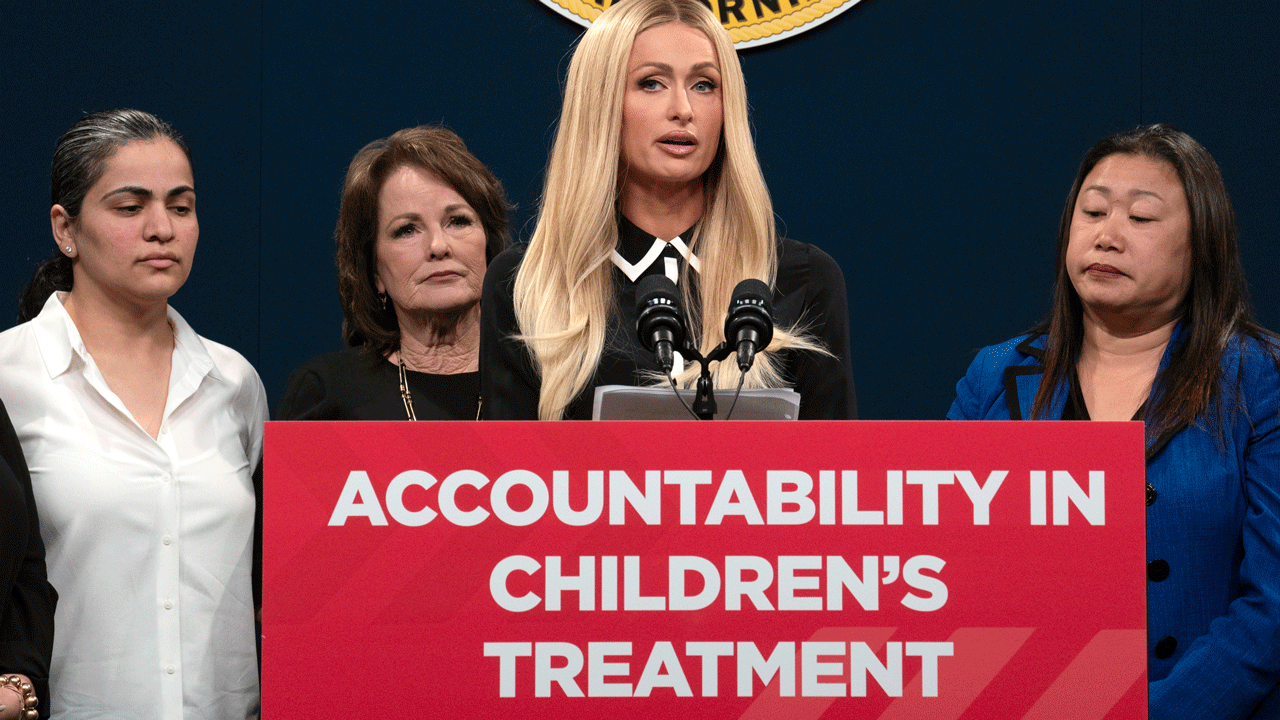Senior White House Correspondent Major Garrett interviewed David Axelrod, Senior Adviser to the President, Wednesday.
Axelrod discusses health care reform, Afghanistan, Iran and Tuesday's election results in the wide ranging interview. Click HERE to watch the interview, or read the transcript below.
The president's decision on Afghanistan is still a few weeks away. Will the country know before Thanksgiving?
I'm not going to, Major, give you a precise deadline. The president is working through the options focusing on the objective that he began with and will continue to focus on which is how do you best disrupt, dismantle, and destroy al Qaeda and how do you embrace a strategy in Afghanistan that best facilitates that and he'll make a decision soon based on a thoughtful review of all the options.
Based on the deployment schedules communicated to the president will he have sufficient time to be prepared for the Spring?
Absolutely I think that, you know, the troops that he ordered in March are just now completing their arrival and the next troops would not be due there until the Spring and Summer and he has time to make this decision and do it in a thoughtful way.
To those who ask me via Twitter and other mechanisms why it's taking so long, what's the answer?
The answer is that whenever you deploy troops and make decisions relative to war you ought to make them based on the best information and get the strategy right, make sure that the strategy serves your goals and that you're making the right decisions and he owes that to the service men and women who are going, he owes that to their families, and he owes it to the American people.
Health care - the goal is Christmas. Is it a realistic goal soft preference or hard demand for this White House?
We want to get this done. It's been a long process. A lot of good work has been done. We're very close to finishing and a lot of the delay right now has to do with the Congressional Budget Office reviewing the Senate proposal and scoring it for cost and impact and so on. And that's delayed the process. You've got holidays in the way and so on. But we hope that the Senate will work through and get it done. The House seems to be on a more expedited schedule so we have the ability to get this done and we'd like to get it done.
Soft preference or hard demand? We want to get it done
Iran - there are protests in the street. The president's being apprised of this. There are also reports out of Israel of an intercept of arms possibly from Iran headed to Hezbollah. What is the overall climate right now for the U.S. as it views Iran? The street protests, problems with Israel, continued rebuffing of the enriched uranium proposal. What is all this telling the White House?
Well, we've made it clear to Iran that there's a proposal on the table that would allow them to help their people and would get that uranium out of Iran and satisfy the international community that that uranium wouldn't be used for weapons grade purposes and they ought to seize this opportunity. The one thing that's happened in last nine months is the international community has come together in a way that it wasn't before so the international community is more united and Iran is more divided. And if I were the leaders of Iran I would look at those developments and I would factor them into the decision making.
Do these actions make the administration more suspicious of what Iran is trying to accomplish?
I don't' think the administration is at all naive about what we're dealing with here. And obviously we operate in a climate in which, you know, there's weariness and there should be. But the point here is that there is a crossroads here and Iran ought to take the right turn because what they're looking at now is a united international community. The Russians have stood firmly with us, the French, and other nations. And they're willing to act in concert so this ought to be a source of concern to Iran and encourage them to do what would plainly be the right thing here.
Why should millions of votes in New Jersey and Virginia matter less than a larger political atmosphere than the relatively smaller number of votes in New York-23?
Well, i think you have to look at what those races were. The New York-23 race was the one race that was really a microcosm of the national debate. The other races in New Jersey and in Virginia were really state races very much focused on state issues and Jersey was very much focused on Governor Corzine. But in New York-23 the issues that we're discussing every day in Washington were very much on the ballot and particularly because of the purge of the republican candidate by the right. It became more so and what you saw was a pretty vigorous turn out there yesterday in a district that had been held by a republican for 140 years and a democratic candidate won. I think that sends a strong message here.
But the democrats still had just a plurality win, not a majority win.
I didn't hear that point made when Mr. Christie got 49% in Jersey. I didn't see the republicans saying well, he didn't get a majority so we're just counting our victory. The point here is a democrat hasn't held that seat for 140 years and won running on the Obama platform. Vice President Biden was in there the day before the election campaigning vigorously for him so we're pleased with that result and we think it sends a message to other democrats that when we stick together and we fight for the right things we're going to do well.
There's nothing the White House thinks it needs to recalibrate or reconsider looking at the shift from independents who were democratic voters for Obama just a year ago but were on the republican side of the ledger in both New Jersey and Virginia?
I don't know, Major, that the independents who voted yesterday were necessarily all the independents who voted for Obama. I think there were a lot of people who didn't vote yesterday and the goal looking forward to 2010 when we will have in fact a broad national election for Congress is to motivate those independent voters who voted for us last time but stayed home this time. Many of them were young. I mean there was a tremendous drop off for example in New Jersey and in Virginia in participation by young voters who, you know, voted for us in very large numbers. We need to engage our voters for 2010 and we will.
Couple of questions looking over the course of a year, Arianna Huffington said on her blog that after ready David's book she says 'the audacity of winning has given way to the timidity of governing.' I'd like to give you a chance to respond to that.
Look I like Arianna and she does a great job driving people to her blog. She has a different job than we do. We actually have to govern the country and we're interested in moving the country forward and making real progress and not simply in symbolic victories. We've done an awful lot toward that end. So we're going to keep on trying to make progress and it's not always going to please everyone on the left or the right but it will ultimately make this a better and stronger country and that's why we're here. We're not here to play to the crowd.
These are NBC/Wall Street Journal polls. The president's impression as straightforward and honest fell, as a firm and decisive leader fell, confidence in the president to make the right decisions for the country fell. Doug Schoen tells me that 'detailed evaluations of him are going down and going down precipitously on key measures that are important to a president.' Do you agree with that?
I've looked through those numbers and many other numbers and actually think the president's numbers are holding up pretty well. Even in yesterday's races he had a positive job approval rating in the two states where republicans were elected governor. I think people understand he's governing in a difficult time. And relative to other presidents in similar situations his numbers are actually very strong. But look, the bottom line is we're not running for office we're trying to - we're trying to move the country forward and we don't sit there day after day pouring over poll numbers worrying about fluctuations up and down. What we worry about is how do you get the American people back to work, how do we deal with the threat of terrorism in Afghanistan, how do we deal with people's concerns around health care, how do we get a clean energy economy going, how do we reform our education system. If we do those things the rest will take care of itself.
Would you feel more confident if these indices were going up?
Well, understand everything is relative to the base of where you started. I mean the numbers were extraordinarily high to start with and that's what happens at the beginning of a presidency. But they were higher than normal and so we've come down from the stratosphere. I still think there's confidence in this president. And the other thing is if you want to put it in electoral context read the numbers about the republican party and the confidence that people have in them. They're at a 20-year low in terms of people identifying themselves as republicans. In the same Wall Street Journal poll only 19% said that they have confidence in republicans to make the right decision for the country. So when the American people ultimately do get to make a choice I think they're going to make the right choice and the right choice is to continue down the road to progress that the president in charting.




